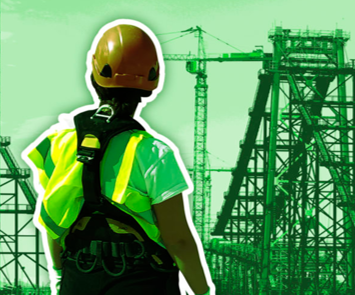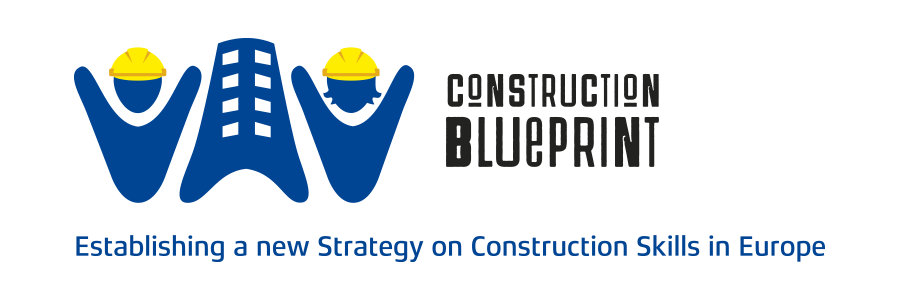The BIM-Futures Toolkit: Designing, developing and piloting a professional development capacity framework for staff, students and industry stakeholders involved in BIM-related practice.
Back To MapDescription

The BIM-Futures project will design, develop and pilot a professional development framework for staff, students and industry stakeholders involved in BIM-related academic and industry practice by exploring their BIM knowledge, attitudes and self-reported behaviours.
Partners
Collaborating with main contractors, consultancies and other higher education institutions.
Aim
The BIM-Futures project will design, develop and pilot a set of complementary tools (competency assessment matrix, learning resources and BIM badges) that will build capacity and establish a coordinated professional development framework for academic and industry stakeholders. A collaborative mentoring circle framework utilising existing national and international networks will provide an enhanced evidence-based learning environment for students and staff and establish a clear recognition framework for formal, informal and non-formal learning opportunities using open education principles.
Target Groups:
All stakeholder groups in industry and higher education programmes related to the built environment.
Exchange of Experiences:
Collaboration with industry, higher education institutions.
Outcomes
 Impacts/Outcomes 1:
Impacts/Outcomes 1:Provide learning opportunities for students to develop skills, competences and attitudes that will enable them to work, live, learn and lead in an increasingly digital world and industrial sector.
Impacts/Outcomes 2:
Provide learning opportunities for academic staff to develop skills, competences and attitudes that will enable them to facilitate an innovative and collaborative learning environment using BIM as a pedagogical methodology across higher education programmes.
Impacts/Outcomes 3:
Provide learning opportunities for industry stakeholders to inform their transitions towards becoming BIM-enabled organisations.
Policy/Initiative
 Skills Gaps:
Skills Gaps:Explore BIM knowledge, attitudes and self-reported behaviours of academic staff, students and industry stakeholders.
Mis-Matching of Skills:
Embed BIM as a pedagogical methodology across built environment programmes.
Skills Shortages:
Significant gap in BIM knowledge and skills from an academic staff perspective, which provides an opportunity to develop a research-informed and evidence-based approach to providing learning opportunities across the higher education sector and the construction sector.
Recommendations
Training:Develop BIM learning resources that will be applicable in a real-world context i.e. on site and in the classroom.
Career Moves:
Improved employability of higher education students and addressing the need to address competency shortages related to BIM practice in the construction sector.
Mobility:
Opportunities to collaborate nationally and internationally with industry and the higher education sector.
Other EQF-Level:
Preparation of a BIM Educational Framework that will be transferable across the higher education sector.
Transfer in Europe:
Opportunites to do so.
Target Groups:
All stakeholder groups in industry and higher education programmes related to the built environment.
Other:
General improvement of the construction sector image with increased attractiveness and competitiveness
Contact Information
| Name of Organisation: | Galway and Mayo Institute of Technology, GMIT |
|---|---|
| Address: | Department of Building and Civil Engineering, Dublin Road |
| Zip/City: | Galway H91 TRNW |
| Country: | Ireland |
| Telephone: | 091742161 |
| Email: | Mark.Kelly@gmit.ie |
| Website: | https://www.gmit.ie |
| Contact Person | |
|---|---|
| Contact Name: | Mark Kelly |
| Contact Phone: | 091742161 |
| Contact Email: | Mark.Kelly@gmit.ie |




